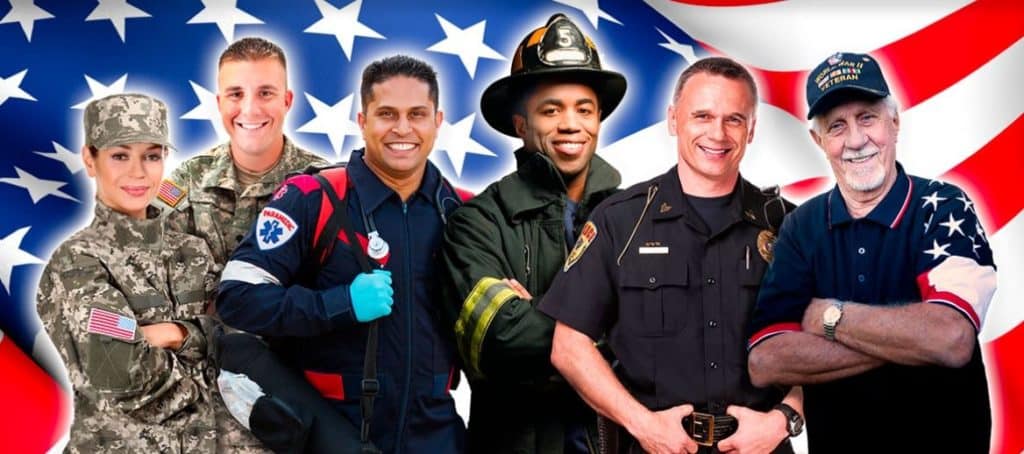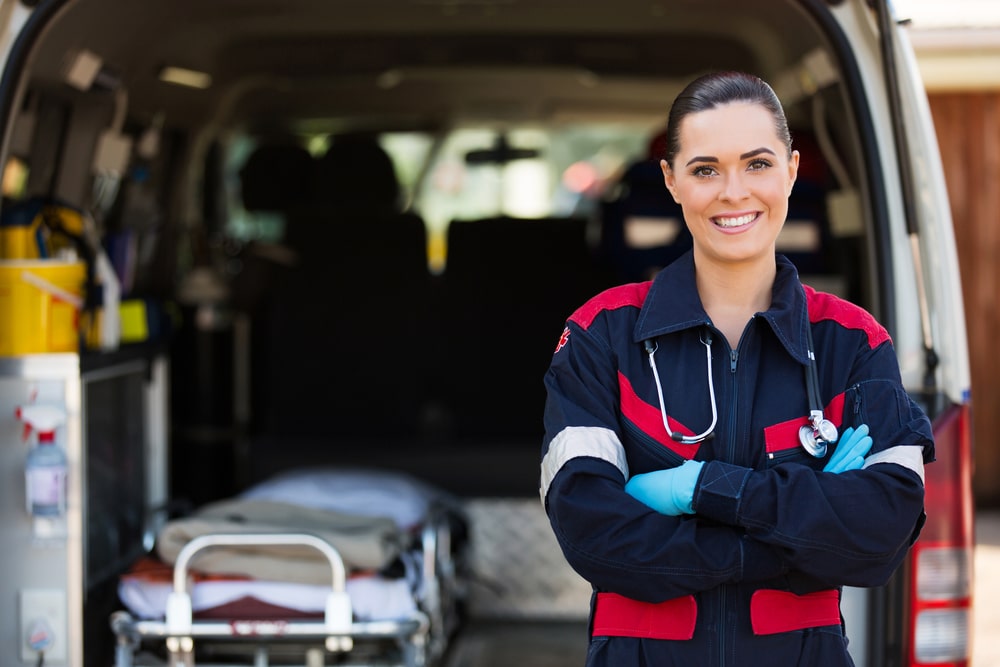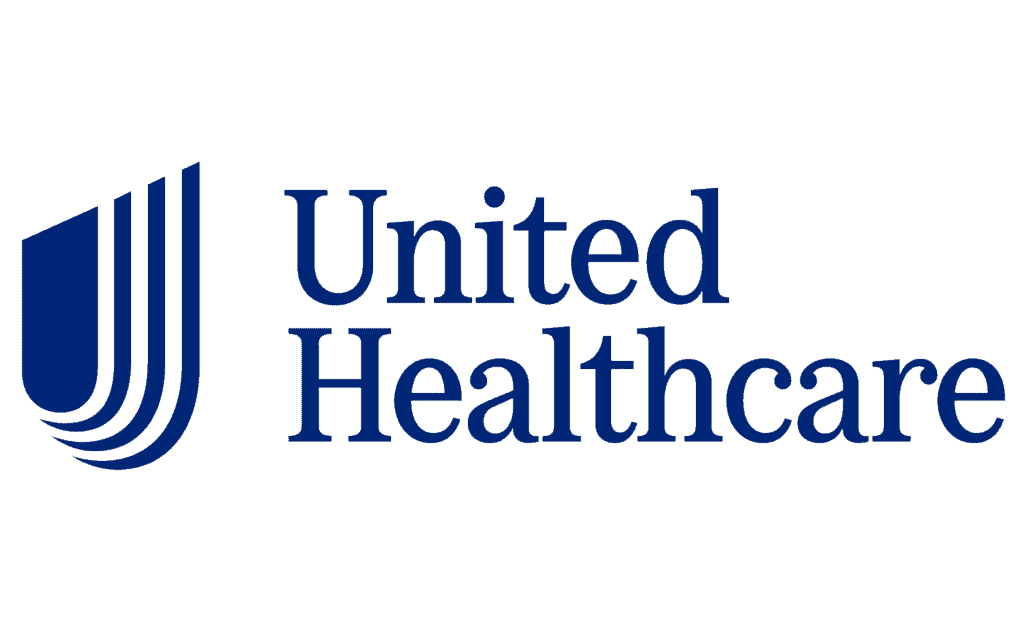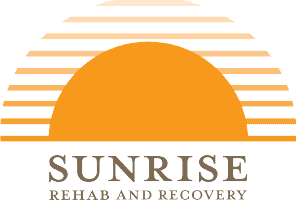
First Responder Treatment Program at Sunrise
At Sunrise Rehabilitation and Recovery, our first responder treatment program helps first responders fight their addiction by providing comprehensive personalized care. Our team understands what it’s like to be a first responder, so we provide services designed specifically for them. We offer individualized treatment plans, a medically supported detox, inpatient residential care, and cognitive and dialectical behavioral therapy. We also offer trauma based care- EMDR therapy and holistic therapies. Call us today to get started on your road to recovery!
First responders are exposed to horrific and life-threatening situations regularly, and witnessing or experiencing trauma can be traumatic. Over time these experiences can open the doors to long-standing mental health issues and addiction. At Sunrise Rehab and Recovery we have developed a special first responder treatment program to help out our everyday heroes.
Substance Use Disorder and First Responders
First responders deal with sometimes unimaginable realities. Chronic exposure to highly difficult circumstances can make the men and women on the frontlines turn to drugs or alcohol in order to cope with their experiences. Over time, this coping mechanism can lead to dependency and addiction.

Those struggling with substance abuse disorders may exhibit a number of signs that their addiction has taken over. Hyper-vigilance, emotional detachment, and irritation may all indicate substance abuse, depression, or PTSD. Other symptoms of substance abuse in first responders includes:
- Reduced interest in family life or reduced social interactions
- High levels of stress or anxiety
- Ignore protocol and go off script
- Difficulty submitting paperwork or reports
- Declining work performance
- Being unable to take responsibility for one’s actions
- Physical changes such as weight loss, hair loss, etc.
- Severe mood swings and depressed thoughts
- Loss of appetite
- Sudden change in sleeping habits
- Suicidal thoughts and isolation
Alcohol
Alcohol is the most widely abused substance among first responders. The accessibility of alcohol, and relative social acceptability of drinking, make it easy for first responders to use alcohol to self-medicate. Drinking may become the main means the men and women on the frontlines cope with their stress, anxiety, or trauma. Unfortunately, this coping mechanism can quickly turn to addiction.
The National Institute on Alcohol Abuse and Alcoholism (NIAAA) defines alcohol abuse as a pattern of behavior in which there are repeated episodes of heavy alcohol consumption that result in significant impairment in social or occupational functioning. The NIAAA definition includes both physical dependence and tolerance.
The NIAAA defines alcohol dependence as an illness characterized by compulsive alcohol use leading to clinically significant distress or impairment in social, occupational, or other important areas of functioning. It is not necessary to have physical withdrawal symptoms to meet this criterion.
Because addiction is a complex disease that impacts almost all areas of a person’s life, comprehensive treatment is often required. This approach to care helps individuals get to the root of their addiction, identify triggers, and learn new health coping mechanisms. Treatment options for alcoholism include medication, psychotherapy, self help groups, behavioral therapy, and 12 step programs.
Sometimes, medication is necessary to help individuals overcome long term addiction to alcohol. Medication treatments for alcoholism include medications that block dopamine receptors in the brain. These drugs can cause unpleasant side effects including nausea, vomiting, diarrhea, headache, agitation, insomnia, and dizziness. They can also lead to increased sensitivity to caffeine. Medications commonly prescribed for treating alcoholism include Acamprosate, Naltrexone, Nalmefene and Disulfiram.
Prescription Medication
Drug abuse by first responders is another serious problem. Because of the physical demands of their jobs – and increased risk of physical and psychological injury – first responders may end up with chronic conditions that are often treated with prescription medication. These medications might include opioids such as morphine or oxycodone for pain; benzos such as Valium or Klonopin for anxiety or sleeping pills such as Ambien or Lunesta.
Long term use of prescription medication may lead to dependence and addiction. As the body builds up a tolerance of the medication, more and more is required to maintain a base line. Individuals with a prescription medication addiction may end up doctor shopping in order to get more meds. They may also resort to illegal narcotics.
Prescription medication addiction requires specialized treatment – especially when there is a chronic physical ailment. Using a combination of evidence-based therapeutic modalities, we help you overcome prescription addiction and develop strategies to manage pain.
Substance Use Disorder
A Substance Use Disorder (SUD) is defined as a psychiatric diagnosis that occurs when someone experiences problems controlling their use of drugs or alcohol. SUDs are classified into three categories based on the type of substance being used: Alcoholism, Drug Abuse, and Substance Dependence.

Alcoholism
Alcoholism is the developed persistent pattern of drinking which results in tolerance and/or physical dependence. Alcohol abuse is common amongst Veterans and first responders.
Drug Abuse
Drug abuse is when a person uses a substance repeatedly, even though they know it’s causing harm to themselves or others. Often drug abuse is associated with illegal narcotics, such as heroin or cocaine; however, prescription drugs are widely abused.
Substance Dependence
Substance dependence is defined as repeated use of a drug leading to changes in the body’s chemistry and physiology. It becomes difficult to control one’s behavior without the drug.
Recovery from an SUD takes place over a long period of time. Recovery includes both medical treatment and counseling. Medical treatment helps individuals manage their illness through medication and therapy. Counseling helps people learn new coping skills and develop healthy relationships.
First Responder Treatment Program Options
There are different types of first responder treatment programs available for those with substance abuse disorders. Some involve medication-assisted treatment programs while others focus on psychotherapies like eye movement desensitization and reprocessing (EDMR).
Medication
Medications can be very effective for treating addiction disorders. They can reduce cravings and withdrawal symptoms, help you sleep better, and improve your mood. In addition, they can prevent relapse. Medications can also help you cope with stress and make it easier to deal with triggers. However, medication-assisted treatment is most effective when used as part of a comprehensive approach that includes individual therapy, group therapy sessions, and other holistic modalities.
Psychotherapy
Psychotherapy is often recommended for those suffering from substance abuse disorders. Therapy can help you understand the underlying factors for your addiction, how to recognize triggers, and ways to cope with them that do not involve drugs or alcohol. During therapy, you’ll learn how to identify and reframe negative thoughts and behaviors. You’ll also learn about the importance of self-care and other healthy habits.
What Is a Medically Supported Drug and Alcohol Detox?
Detox is often the first step on the recovery journey. It is the process of removing drugs and alcohol from the body, to return it to a neutral, drug-free state. Consequently, many people experience withdrawal symptoms when they stop using substances. Symptoms of withdrawal will vary depending on several factors, including:
- What substance a person was abusing
- How long they were abusing it
- Method of use
- Their unique body chemistry
- Underlying mental health disorders

Entering an addiction treatment facility to undergo supervised detox is often necessary for many reasons. Getting supervised detox in a treatment facility ensures someone gets the emotional support they need to stay comfortable. In addition to emotional support, they are also supervised for health and safety reasons by caring staff,
We provide a Medically supported detox under our Doctor’s Care. We have 7 nurses on staff to make sure our clients are safe, comfortable, and treated with compassion and respect.
A period of medically supervised detoxification often marks the first step of treatment and recovery for individuals with alcohol and/or other substance use disorders. Men and Women who have developed various forms of substance dependence require time to clear themselves of any of substances.
Certain substance withdrawal syndromes can be quite unpleasant and may include symptoms such as nausea, body aches, and anxiety.Some substance withdrawal syndromes are more challenging than others and can sometimes present risks to the individual in recovery. For instance, alcohol withdrawal can give rise to certain symptoms, like body tremors and irritability, but it may also be associated with more serious withdrawal complications such as hallucinations and seizures.
Because of these potential symptoms, our medical staff will monitor our clients to make sure they are safe and comfortable. In addition to supervision and support, certain medications are sometimes used to minimize unpleasant withdrawal symptoms and keep people safer during detox. However, while detox and the management of withdrawal symptoms can help make individuals more comfortable—and, in some cases, keep people from experiencing serious complications—a successful detox alone is not the end goal of treatment. Instead, professional detox services allow for the evaluation and stabilization of a person in need of withdrawal management, while also providing an opportunity to prepare the individual for additional, ongoing treatment efforts that will more comprehensively address their addiction and a range of recovery needs.
Accreditations, Standards & Associations

Insurance Verification
Let our capable staff of drug & alcohol specialists assist you with any questions that you may have and determine your insurance coverage benefits for you. We will explain the deductibles, out of pocket expenses, eligibility and authorizations for the varying levels of care, and any other questions that you may have. Sunrise Rehab and Recovery will take care of billing your insurance so that you may focus on your recovery.
We are in network with the following insurances:


Sunrise Rehab and Recovery accepts PPO insurance:





Verify Your Insurance
Insurance
Our Services
Giving Hope To Those In Need
A residential facility providing a recovery-oriented approach to high quality comprehensive treatment for those struggling with addiction.
